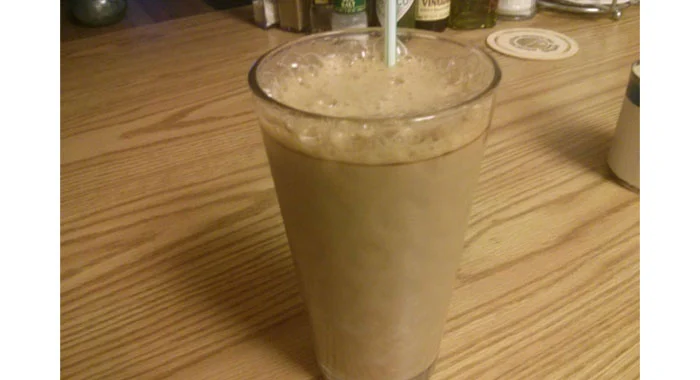HEALTH
Myth: Malt drink and milk, excellent blood replenisher?

Different food items offer an array of nutrients from the six classes of food. The only fact is that a particular food item may be dominant in a nutrient rendering all others negligible. For example, rice is mostly known to contain carbohydrates (sugar or energy) but, in reality, it contains some levels of protein, fats as well as some B vitamins which are found in brown rice.
That said an old tradition, which still has high relevance in this contemporary time, is the myth that a concoction of malt beverage and milk is a good blood booster.
People when recuperating from illness are advised to take a mixture of malt and milk because it has the characteristics of replenishing dead blood cells that fought the foreign microorganism during the illness.
The blood basically contains plasma (for transport of digested food), platelets (prevent and stop bleeding), red blood cells (transport of oxygen to other parts of the body from the lungs) and white blood cell (fight diseases and other infections). For the synthesis of blood by the body, the most important nutrient is ‘Iron’, for any food material to be considered a blood-booster, it must contain a substantial amount of iron—a mechanism left for experts to discuss.
Looking at the nutritional content of both malt and milk; as labelled on the products, malt contains carbohydrates, protein, vitamins and water, while milk contains fats, carbohydrates, cholesterol, vitamins, calcium, phosphorus and magnesium. The thing to note is that neither of the two commodities contains iron, a major mineral that must be contained in any food before it can be classified as a blood booster. With this, it can be deduced that there is no scientific evidence to prove this old assumption right.
Individually, malt grain contains fibre, potassium, folate and vitamin B6, which together lower cholesterol and decrease the risk of cardiac disease. Its dietary fibre helps reduce insulin activity and increases cholesterol absorption from the gut and encourages cholesterol breakdown; milk is a significant source of protein, vitamin D, vitamin A and calcium, as well as other essential nutrients.
Many experts associate diets containing dairy with a lower risk of cardiovascular disease, type 2 diabetes, and high blood pressure. The nutrient profile of milk supports bone health.
Though the concoction is sumptuous and appealing to the palates, it has no base in the scientific realm with regards to boosting blood.
Mamman, a member of the National Youth Service Corps, writes from Abuja; [email protected]






